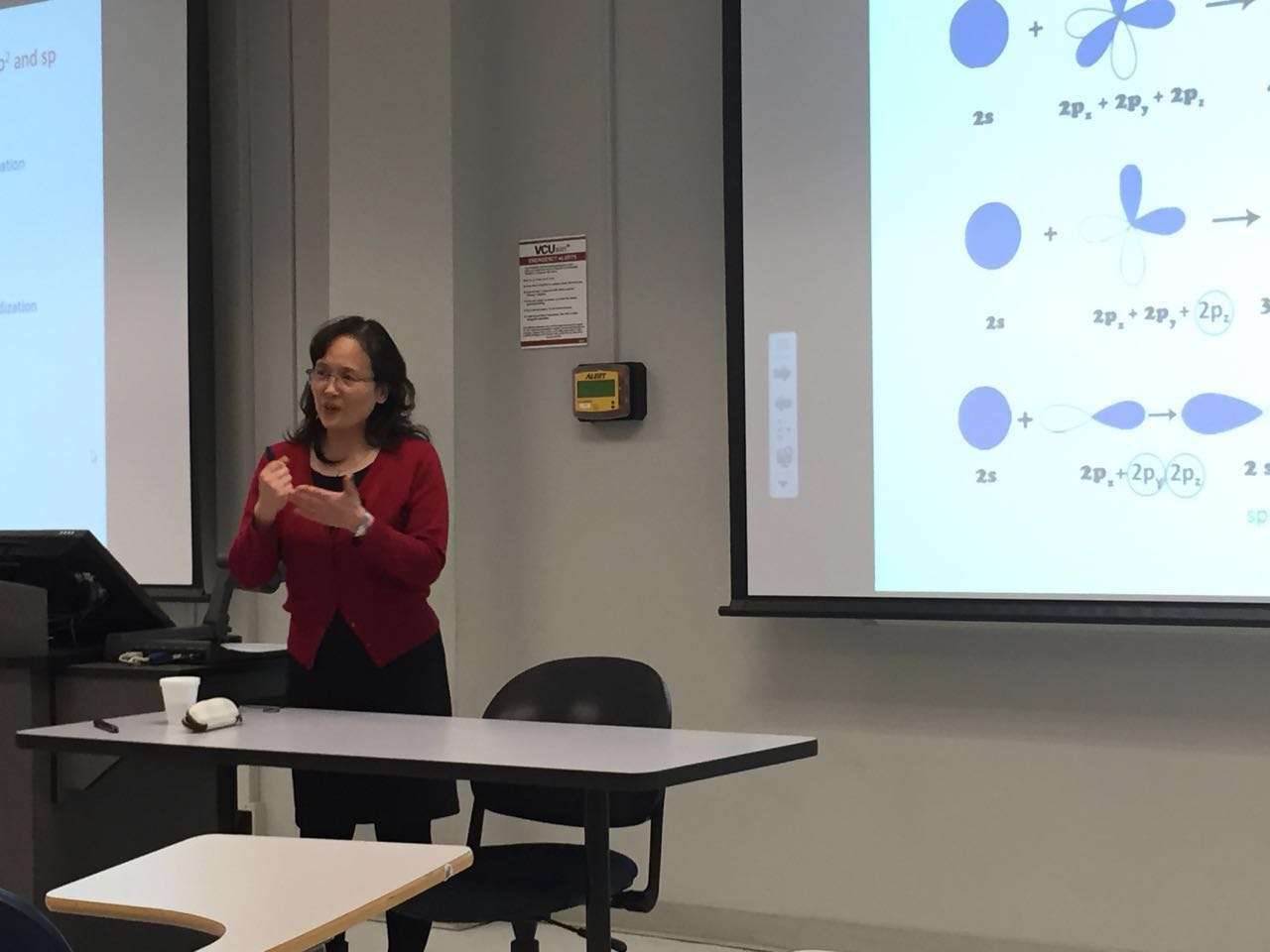Courses taught by Prof. Qian Wang:
This course mainly covers the fundamental concepts
of calculus: limiting behaviors, difference quotients and derivative, applications
of derivative, differentials, indefinite integrals, definite integrals, and
applications of integrals.
This course introduces the fundamental concepts and theories of multiscale modeling of materials, including an introduction
to quantum chemical calculations, introduction to quantum mechanical modeling
(Hartree, Hartree-Fock and Density Functional theory), Molecular Dynamics and
Monte Carlo methods; introduction to the common modeling software (Dmol3, VASP
& Gaussian), and six projects and practices.
This course aims to teach quantum mechanics to students with engineering background. Quantum mechanics was once mostly of interest to physicists, chemists and other basic scientists. Now the concepts and techniques of quantum mechanics are essential in many areas of engineering and science such as materials science, nanotechnology, electronic devices, and photonics. Quantum mechanics provides both the conceptual and the practical basis for almost all the branches of modern physics, materials science, renewable energy science, and electronics, because all the matters in the world are made up of atoms that can only be well described by quantum mechanics. This course is a substantial introduction to quantum mechanics and how to use it. It is specifically designed to be accessible to students over a wide range of science and engineering backgrounds
This
course covers selected topics in advanced computational low-dimensional
functional materials, and is intended for graduate students in Physics, Advanced
Materials, or Engineering. The objective is to provide enough fundamental
knowledge needed for conducting research in computational condensed matter, computational
chemical physics or engineering. Quantum theory and Solid State Physics are important for
understanding Advanced Theory of Solids, however, I will try to use them in
such a way that even those, who do not have been exposed to these areas, would
be able to follow the materials.
1. “Advanced Mathematics” for Undergraduate students
Why is Advanced Mathematics
one of the most important subjects that students should learn in college?
First, there's an important
distinction to be made between what you need to know, and what can be useful to
know.
Second, I'll tell you a
secret: The reason that you're being forced to study mathematics has nothing to do
with whether you'll use it or not. You probably won't. What you're actually
supposed to be learning in mathematics class is the art of problem reduction, i.e.,
starting with a problem, reducing it to a simpler problem, reducing that to a
simpler problem, and so on, until you end up with a problem that's trivial to
solve.
Furthermore, learning
mathematics forces one to learn how to think about things logically and numerically, to change words into numbers, to
visualize how those numbers change over time, and how to solve problems using that skill. It also
teaches one to be precise in thoughts and words.
Finally, in general: important objectives of the
calculus sequence are to develop and strengthen the students’
problem-solving skills and to teach them to read, write, speak, and think in
the language of mathematics. In particular, students learn how to apply the
tools of calculus to a variety of problem situations.
2. “Computational Materials Science & Engineering” for undergraduate students
3. “Quantum Mechanics for Materials Science” for undergraduate students
4. “Low-dimensional Functional Materials Physics” for graduate students

Home | News | Contact Us
